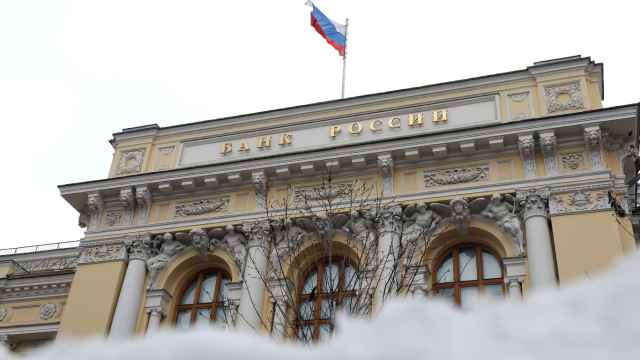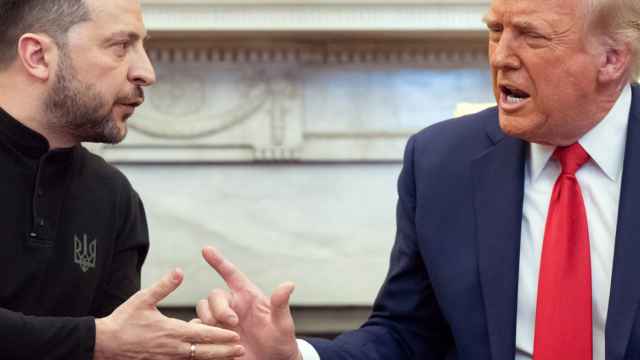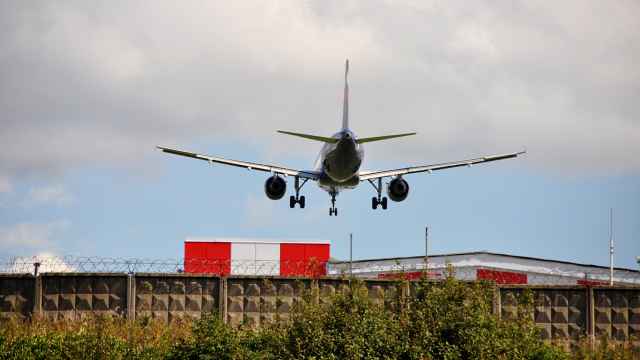Парадный: ceremonial, dress, sham
Russia has always had a powerful, relatively small class of rulers and a weak, relatively large class of rulees. Indulging in a bit of armchair philosophizing, it seems to me that when each new type of Russian officialdom starts out, there is a fairly close relationship between word and deed. But over time, the gap widens. Officialdom says one thing, reality screams the opposite. Meaningful ceremonies become empty rituals. Serious official pronouncements are greeted with laughter. At this point, the game is up. Officialdom starts packing its bags.
The rulees — that is, Russians — are exquisitely sensitive to this moment, and they have a rich and nuanced vocabulary to describe the pretentious, empty statements and behavior of officialdom.
Many of the words they use for this are metaphorical. Take the word парадный, which describes something that is formal or ceremonial: парадная лестница (formal staircase), парадная форма (dress uniform), парадный вид (formal or ceremonial dress/appearance).
But парадная речь is more likely to mean a formal, high-flown and empty speech. In art, парадный реализм is "show" realism — that is, sham realism: happy, fat, clean collective farmers.
Another word like this is пышный, which means airy, round, light or thick: пышный торт (light cake), пышная фигура (lush figure), пышные волосы (thick hair).
But пышная фраза is a pretentious, affected or flowery phrase — one filled with hot air. If someone speaks of a пышная церемония, you have to listen for tone of voice. They might be speaking positively about a ceremony filled with tradition, pomp and circumstance. Or they might be sneering at an overdone, pompous and ostentatious ceremony.
Hint: If Russians are talking about England, it's positive. If they're talking about Russia, it's probably negative.
There are also nonmetaphorical words, like помпезный (pompous), напыщенный (bombastic) or высокопарный (high-flown). Помпа (pomp) is also generally derogatory.
Another word you hear in this context is официоз and официозный. One of the older meanings of официоз is an official announcement: Ловил только одну программу, по которой весь официоз гоняет (I could only get one channel that spouted the official line all day.) Another meaning refers to a group of people close to, but not part of, the government. В Казани проходил официозный митинг за Путина (In Kazan, a semi-official rally for Putin was held.)
Lately, there seems to be some English influence on официозный: Владелец гостиницы был грубым и официозным (The hotel owner was rude and officious). And some people use it to mean "official" in reference to companies: Состоялся официозный релиз нового смартфона (The new smart phone was officially released). But these usages are still nonstandard.
And then официоз can mean ritual, pompous, pretentious, overly formal and stilted. When your old school chum greets you by name and patronymic with a hearty handshake, you can say: Зачем такой официоз? (Why so formal?) Or when he invites you to an official reception, you can say: Такие приёмы и официоз терпеть не могу (I can't stand those receptions and official glitz).
Most recently, официоз has become a generic word for state officials and what they do, especially when their actions are for show: Наш официоз ходит в церковь "для галочки," а вера должна быть внутри (The guys at the top go to church for show, while faith should be a private matter).
Officialdom: start packing.
Michele A. Berdy, a Moscow-based translator and interpreter, is author of "The Russian Word's Worth" (Glas), a collection of her columns
A Message from The Moscow Times:
Dear readers,
We are facing unprecedented challenges. Russia's Prosecutor General's Office has designated The Moscow Times as an "undesirable" organization, criminalizing our work and putting our staff at risk of prosecution. This follows our earlier unjust labeling as a "foreign agent."
These actions are direct attempts to silence independent journalism in Russia. The authorities claim our work "discredits the decisions of the Russian leadership." We see things differently: we strive to provide accurate, unbiased reporting on Russia.
We, the journalists of The Moscow Times, refuse to be silenced. But to continue our work, we need your help.
Your support, no matter how small, makes a world of difference. If you can, please support us monthly starting from just $2. It's quick to set up, and every contribution makes a significant impact.
By supporting The Moscow Times, you're defending open, independent journalism in the face of repression. Thank you for standing with us.
Remind me later.







